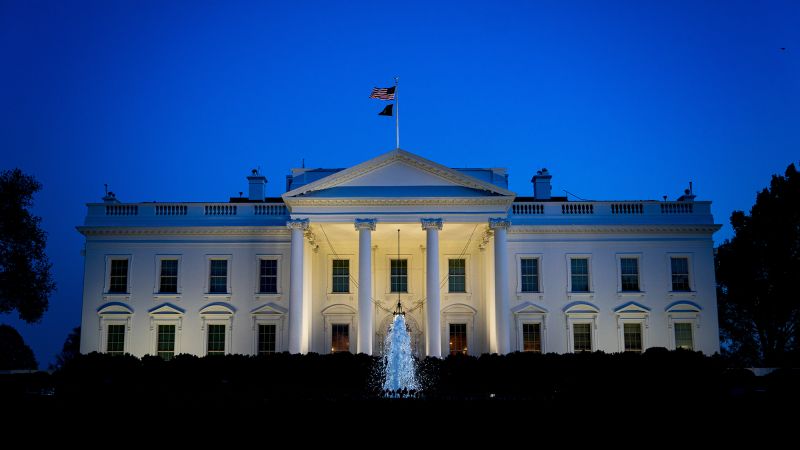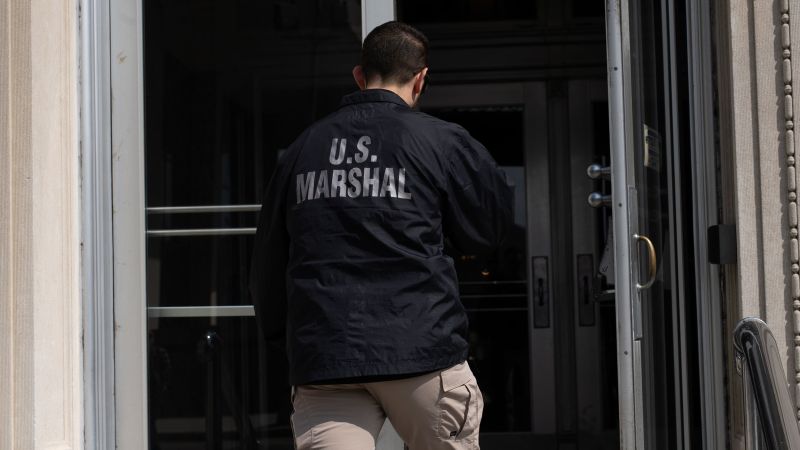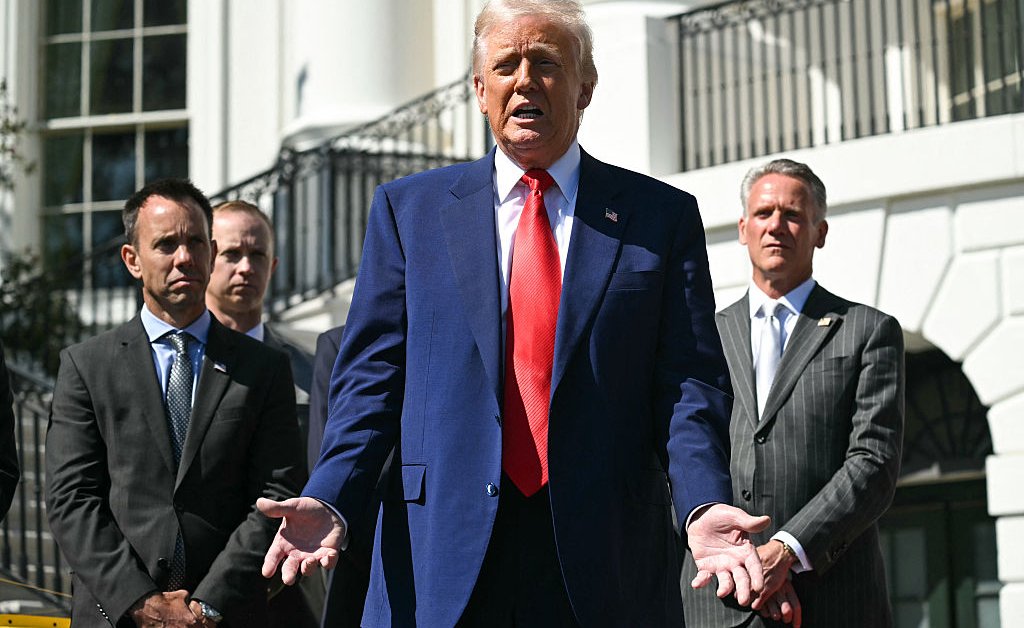Cracking Down: House Votes to Reinforce Ban on Noncitizen Election Interference
Politics
2025-04-10 16:52:51Content
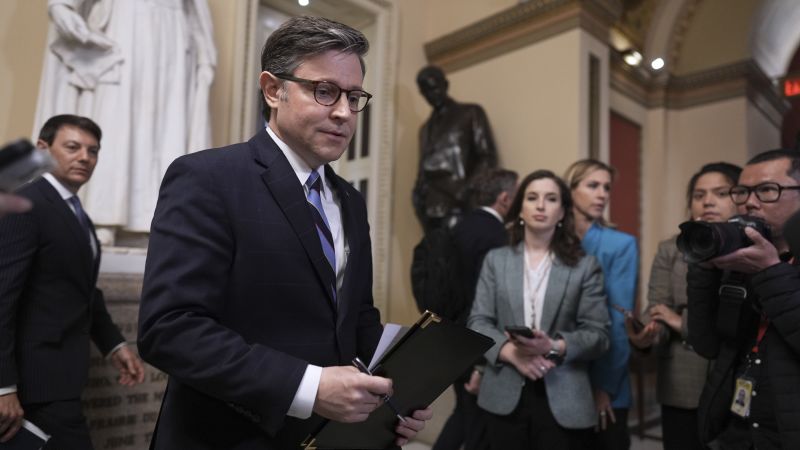
In a controversial move, the House of Representatives approved a Republican-backed bill on Thursday that would mandate voters provide documentary evidence of US citizenship when registering for federal elections. The legislation comes despite existing laws that already prohibit noncitizens from participating in federal voting processes.
The proposed bill aims to strengthen voter registration requirements by compelling potential voters to present concrete proof of their citizenship status. Supporters argue that the measure will help prevent potential voter fraud and ensure the integrity of federal elections.
Critics, however, view the bill as an unnecessary additional barrier that could potentially disenfranchise eligible voters, particularly those from marginalized communities who might face challenges in obtaining the required documentation.
The timing and political motivation behind the bill have sparked intense debate, with proponents claiming it will protect the electoral process and opponents arguing it could suppress voter participation. As the legislation moves forward, it continues to highlight the ongoing tensions surrounding voting rights and election security in the United States.
Citizenship Verification in Voting: Unraveling the Political Battleground of Electoral Integrity
In the complex landscape of American electoral politics, a new legislative proposal has emerged that promises to reshape the fundamental mechanisms of voter registration, sparking intense debate about the delicate balance between protecting electoral integrity and ensuring accessible democratic participation.Defending Democracy: The High-Stakes Battle for Voter Authentication
The Legislative Landscape of Voter Registration
The recent Republican-backed bill represents a significant moment in the ongoing national conversation about electoral processes. While current federal laws already prohibit non-citizens from participating in elections, this proposed legislation seeks to implement more stringent documentary proof requirements. The move signals a deeper political strategy aimed at addressing perceived vulnerabilities in the voter registration system. Proponents of the bill argue that additional documentation will fortify the electoral process, preventing potential instances of unauthorized voting. They contend that requiring explicit citizenship documentation will create an additional layer of verification beyond existing legal frameworks, potentially deterring any attempts at electoral manipulation.Constitutional Implications and Potential Challenges
Legal experts are closely examining the proposed legislation's potential constitutional ramifications. The bill raises critical questions about voter accessibility, particularly for marginalized communities who might face challenges in obtaining comprehensive documentation. Critics argue that such requirements could inadvertently disenfranchise legitimate voters, creating unnecessary bureaucratic barriers to democratic participation. The proposed documentation requirements could potentially impact various demographic groups differently, including naturalized citizens, individuals from mixed-status families, and those with limited access to official documentation. This complexity underscores the nuanced challenges inherent in implementing robust voter verification mechanisms.Political Dynamics and Electoral Strategy
The bill's passage through the House reflects broader political tensions surrounding electoral processes. Republican lawmakers view this legislation as a critical step in maintaining electoral integrity, while Democratic representatives perceive it as a potential mechanism for voter suppression. The timing and political context of this bill are particularly significant. With national elections approaching, the proposed documentation requirements could have far-reaching implications for voter registration patterns and overall electoral participation. Political analysts are closely monitoring how these potential changes might influence voter demographics and electoral outcomes.Technological and Administrative Considerations
Implementing such comprehensive documentation verification would require substantial technological infrastructure and administrative resources. Election offices would need to develop robust systems capable of efficiently processing and validating citizenship documentation without creating significant delays in voter registration processes. The technological challenges extend beyond mere document verification. Developing secure, accessible, and user-friendly systems that can handle diverse documentation types while maintaining data privacy represents a complex technological undertaking that would require significant investment and expertise.National Perspectives and Public Response
Public opinion remains deeply divided on the proposed legislation. Supporters emphasize the importance of maintaining electoral integrity, while opponents argue that existing legal frameworks already sufficiently prevent non-citizen voting. This debate reflects broader tensions surrounding immigration, citizenship, and democratic participation in contemporary American society. The proposed bill serves as a microcosm of larger political discussions about the nature of citizenship, voting rights, and the fundamental principles of democratic representation. As the legislative process continues, stakeholders from various political, legal, and social backgrounds will continue to engage in this critical dialogue about the future of electoral processes in the United States.RELATED NEWS
Politics

Victims Left Behind: DOJ Slashes Crucial Grants Amid Opioid Crisis Fallout
2025-04-24 17:21:31
Politics
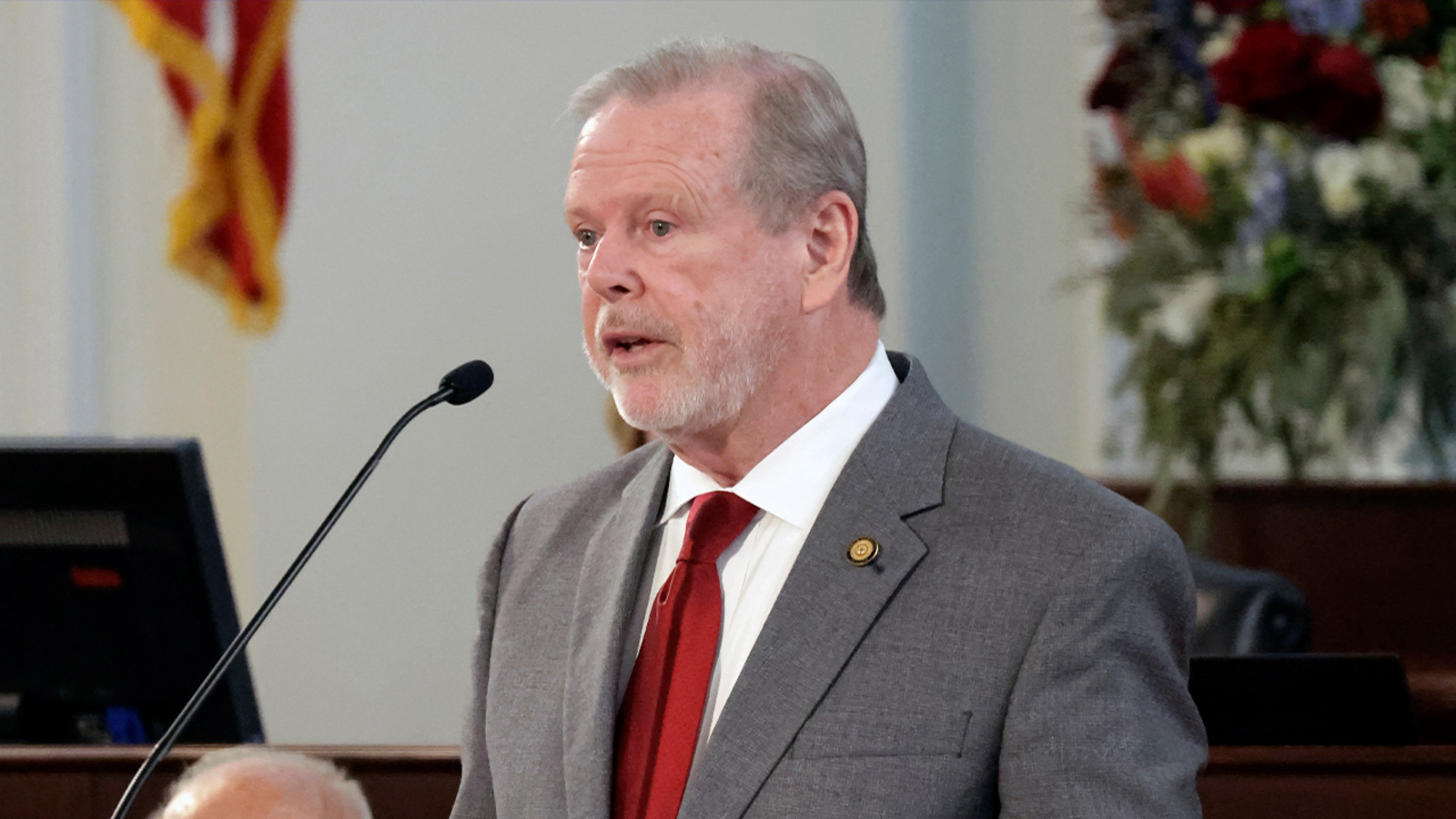
Political Heavyweight Phil Berger Doubles Down: NC Senate Veteran Signals Continued Leadership
2025-02-19 12:39:00
